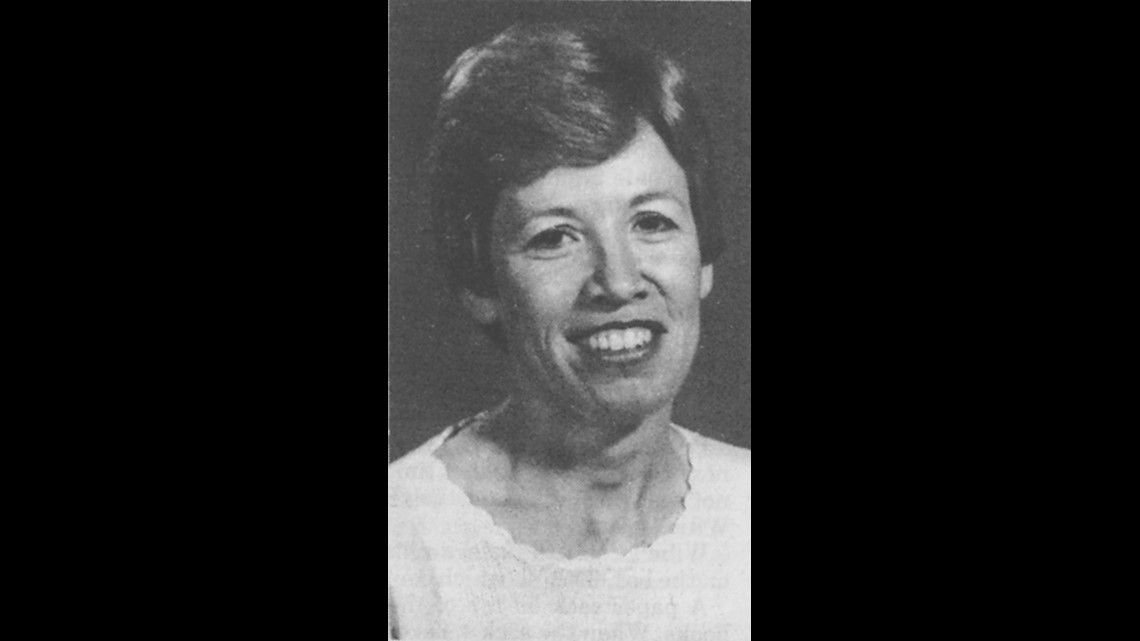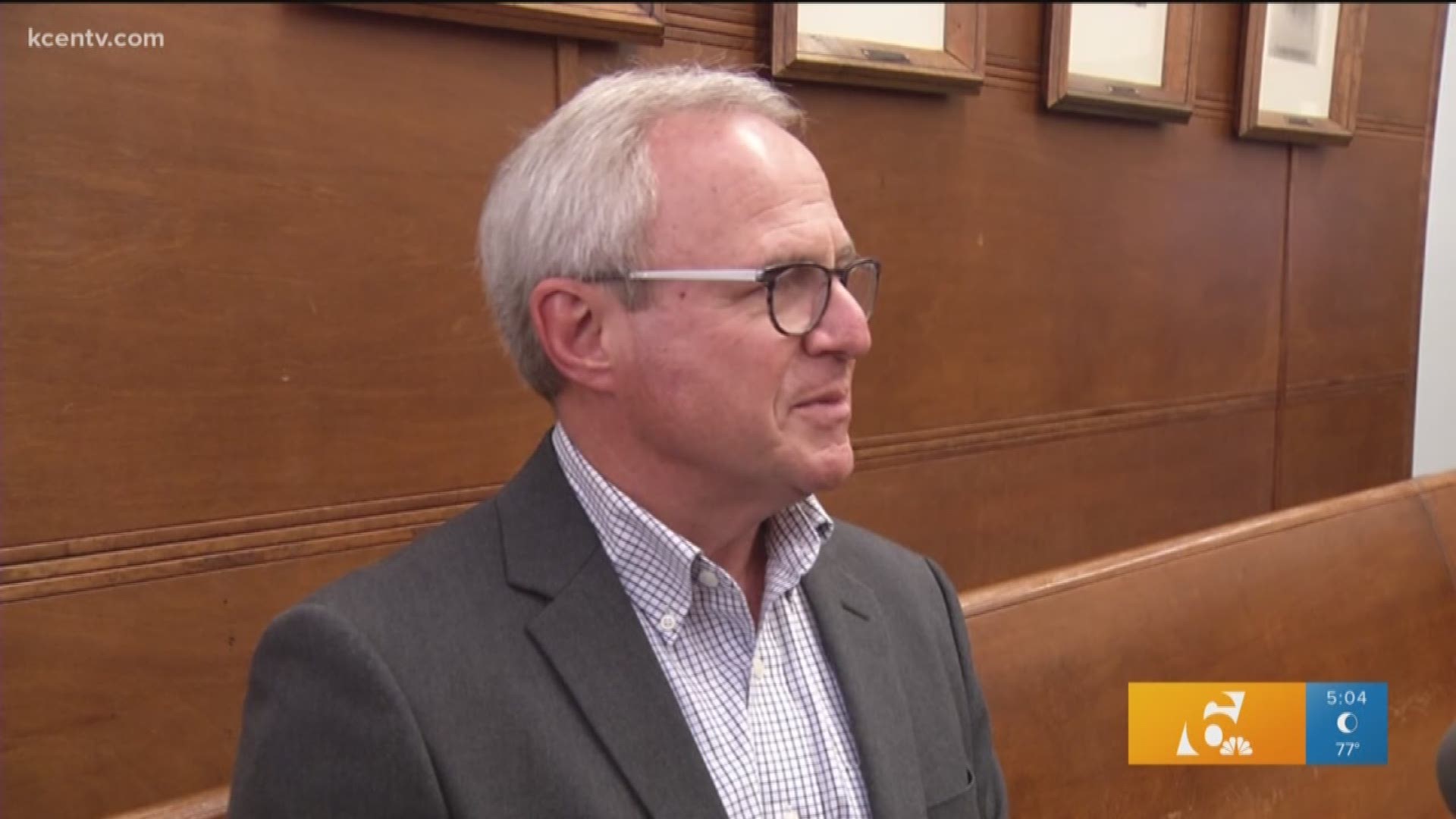An evidentiary hearing for convicted murdered Joe Bryan was put on extended recess Wednesday after the judge decided DNA evidence needed more testing.
Bryan was convicted in 1989 of murder for killing his wife Mickey. She was found dead in their Clifton home. Bryan claims he was at a principal's conference in Austin when the murder occurred.


The hearing, which started Monday, took place in a Comanche courtroom where Bryan's defense team argued the evidence used to convict him was flawed.
Bryan's friends and family were in the courtroom all week but there was another man watching who knows all too well what Bryan is facing.
Michael Morton was wrongfully convicted of the murder of his wife in 1987. He spent more than 20 years in prison until 2011 when new DNA evidence proved his innocence.
“I’m the only guy in this room who’s sat in that chair where he’s sitting, different courtroom, but I’ve been there where the state’s after you and I know what it's like to have failed appeals and decades and decades go by,” Morton said.
Morton’s case was taken on by the Innocence Project, just like Bryan’s is now.
“People like Joe, people like me, if they could send us to prison there’s no reason you couldn’t be sent to prison for something you didn’t do," said Morton. "No system is perfect, but we can make improvements."
Morton said he’s never met Bryan but came to show support because it’s what he would have wanted too.
“We just have to treat others like we would like to be treated," said Morton. "If you were sitting in Joe’s spot, what would you want the state to do, your friends to do, the community?"
Since Morton’s release, he helped pass the Michael Morton Act in Texas. It requires prosecutors to share any evidence they find that might help a defendant’s case.
“Unlike almost every other profession, when the folks in the criminal justice profession, when they make a mistake like everyone does, it costs lives. Joe’s been locked up for over 30 years and if that doesn’t weigh on somebody, they don’t have a heart,” Morton said.
Morton wrote a book about his time in prison called “Getting Life: An Innocent Man’s 25-year Journey from Prison to Peace.” He is also the subject of the documentary “An Unreal Dream.”

